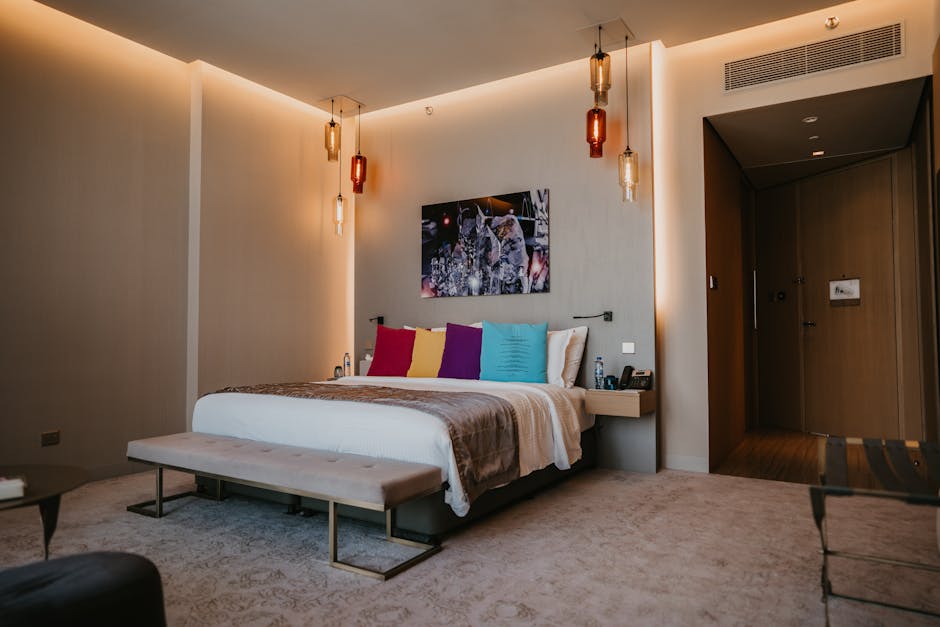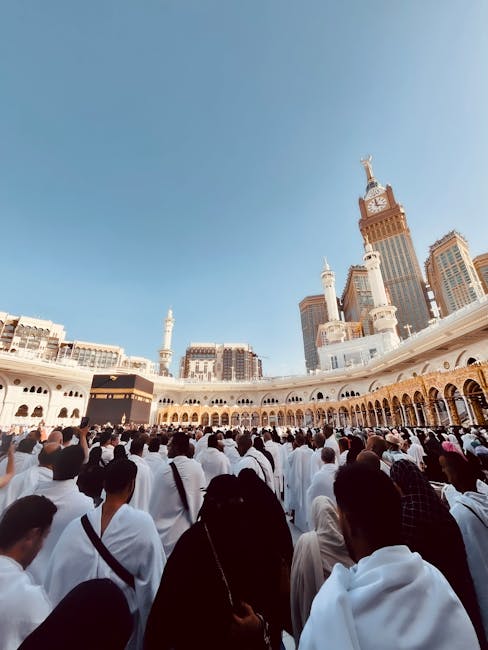The Rising Demand for Skilled Nepali Chefs in Saudi Arabia’s Booming Hotel Industry
Why is There a High Demand for Skilled Nepali Chefs in Saudi Arabia?
Saudi Arabia’s Vision 2030 is a transformative economic and social reform blueprint. It aims to diversify the economy and develop new sectors like tourism and hospitality. This vision has directly accelerated the demand for skilled Nepali chefs in Saudi Arabia hotels. New luxury hotels, resorts, and fine-dining restaurants are opening at a rapid pace. Therefore, they require a large, talented workforce to staff their kitchens.
Nepali chefs have earned an exceptional reputation globally. They are known for their strong work ethic, technical proficiency, and ability to master diverse cuisines. Moreover, they often bring a unique understanding of flavors that bridges South Asian and international palates. This versatility is highly prized by hotel chains needing staff for various specialty restaurants.
- Massive Infrastructure Projects: Giga-projects like the Red Sea Project and Qiddiya require extensive hospitality services.
- Growth in Religious and Leisure Tourism: Increased visitor numbers necessitate more food service outlets.
- Reputation for Hard Work: Nepali nationals are renowned for their dedication and resilience in demanding environments.
- Culinary Adaptability: They expertly prepare Indian, Continental, Arabic, and Asian cuisines.
Key Skills and Qualifications for Nepali Chefs in Saudi Hotels
To meet the specific demand for skilled Nepali chefs in Saudi Arabia hotels, candidates must possess a blend of formal training and practical experience. Typically, employers look for a minimum of a diploma in culinary arts from a recognized institution. Furthermore, hands-on experience in a hotel or high-volume restaurant is crucial.
Specialized skills in particular cuisines, such as Indian, Italian, or bakery and pastry, can significantly enhance a candidate’s profile. Additionally, proficiency in English is often a mandatory requirement for effective kitchen communication and understanding orders. Importantly, a valid passport and a clean police record are essential for the visa and work permit process.
Popular Chef Positions for Nepali Nationals in Saudi Arabia
The opportunities within the demand for skilled Nepali chefs in Saudi Arabia hotels are diverse. Positions range from entry-level roles to executive leadership. Here are some of the most common roles:
- Commis Chef (I, II, III): An entry point for many, focusing on learning specific stations.
- Demi Chef de Partie: A junior section leader responsible for a part of the kitchen.
- Chef de Partie (Station Chef): In charge of a specific section, like grill, sauté, or pastry.
- Sous Chef: The second-in-command, directly assisting the Head Chef in management.
- Specialty Chefs: Such as Indian Chef, Pastry Chef, or Bakery Chef, which are highly specialized roles.
Salary and Benefits for Nepali Chefs Working in Saudi Hotels
The compensation package is a major draw for the demand for skilled Nepali chefs in Saudi Arabia hotels. Salaries are typically tax-free, which allows for significant savings. Packages are competitive and vary based on experience, position, and the hotel’s prestige.
A Commis Chef might expect a monthly salary ranging from 2,500 to 3,500 SAR. Meanwhile, a Sous Chef or Executive Chef can command between 8,000 to 15,000 SAR or more. Beyond the base salary, benefits almost always include:
- Furnished accommodation or a housing allowance.
- Round-trip airfare to Nepal once per year.
- Comprehensive medical insurance.
- Transportation allowances or company-provided transport.
- Annual paid leave and end-of-service benefits.
The Recruitment Process for Nepali Chefs in Saudi Arabia
Navigating the recruitment process is a critical step. Typically, hiring is managed through licensed recruitment agencies in Nepal that partner with Saudi employers. Alternatively, large international hotel chains often post openings on their career portals.
The process usually involves submitting a detailed CV, a series of interviews (often via video call), and sometimes a practical cooking test. Once selected, the agency and employer handle the visa processing, medical tests, and work permit formalities. It is vital to only work with authorized and reputable agencies to avoid any malpractice.
Cultural Adaptation and Life as a Chef in Saudi Arabia
Adapting to a new culture is part of the journey. Saudi Arabia has a rich cultural heritage and specific social norms based on Islamic principles. For instance, chefs must be respectful of prayer times and dress codes. However, the workplace in international hotels is often multicultural and professional.
Living in Saudi Arabia offers a unique experience. Expatriate communities are large and supportive. Furthermore, the country now offers various entertainment options, from shopping malls and cinemas to historical sites. Understanding and respecting local customs is key to a successful and enjoyable tenure. For more on cultural norms, the Saudi Embassy website is a valuable resource.
How to Apply and Secure a Chef Position in Saudi Arabia
To successfully join the ranks of those fulfilling the demand for skilled Nepali chefs in Saudi Arabia hotels, a strategic approach is necessary. First, ensure your CV is updated, professional, and highlights your specific culinary skills and hotel experience. Next, register with trusted recruitment agencies that specialize in Gulf placements.
Prepare thoroughly for interviews by researching the hotel brand and being ready to discuss your culinary philosophy. Obtain all necessary documentation, including your passport, educational certificates, and experience letters. Finally, be patient, as the recruitment and visa process can take several months. For personalized guidance, consider reaching out to HR experts who specialize in international placements.
Future Outlook for Nepali Culinary Professionals in Saudi Arabia
The future looks exceptionally bright. The projects initiated under Vision 2030 are long-term endeavors. Therefore, the demand for skilled Nepali chefs in Saudi Arabia hotels is not a temporary trend but a sustained need for the next decade and beyond.
As the market matures, there will be increased opportunities for career advancement into senior culinary management roles. Additionally, the skills and experience gained working in a competitive international environment are invaluable. They can open doors to global career opportunities beyond the Middle East. The World Travel & Tourism Council forecasts continued growth for the region, underscoring this positive outlook.
Frequently Asked Questions (FAQs)
What is the most in-demand type of chef from Nepal in Saudi Arabia?
Specialty chefs, particularly Indian Cuisine Chefs, Pastry Chefs, and Demi Chef de Parties with experience in continental cuisines, are among the most sought-after. Their specialized skills directly cater to the diverse offerings of large hotel kitchens.
Do I need to speak Arabic to work as a chef in Saudi Arabia?
No, fluency in Arabic is not a requirement. However, proficiency in English is essential for communicating with a multicultural kitchen team and understanding orders. Learning basic Arabic phrases is beneficial for daily life but not mandatory for the job.
What are the legal requirements for a Nepali chef to work in Saudi Arabia?
You must have a valid job offer from a Saudi employer who will sponsor your visa. Key documents include a passport with at least six months’ validity, attested educational and experience certificates, a medical fitness report, and a police clearance certificate. The employer typically guides you through this process.
How long is a standard employment contract?
Standard employment contracts are typically for two years and are renewable by mutual agreement. The contract will detail your salary, benefits, working hours, and leave entitlements. It is crucial to read and understand all terms before signing.
Can my family join me in Saudi Arabia?
This depends on your position and salary. Generally, higher-level positions like Sous Chef or Head Chef offer family sponsorship benefits (like visas for spouse and children). For entry-level positions, this may not be immediately available. Your employment contract should specify this policy.
Conclusion: Your Culinary Career Awaits in Saudi Arabia
In conclusion, the demand for skilled Nepali chefs in Saudi Arabia hotels presents a golden opportunity for culinary professionals seeking international experience and financial growth. This trend is backed by solid economic plans and a booming hospitality sector. By acquiring the right skills, partnering with reputable agencies, and preparing for the cultural environment, you can position yourself for success. Finally, take the first step towards this rewarding career path. Book an appointment with a recruitment specialist today to explore current opportunities tailored to your expertise.




